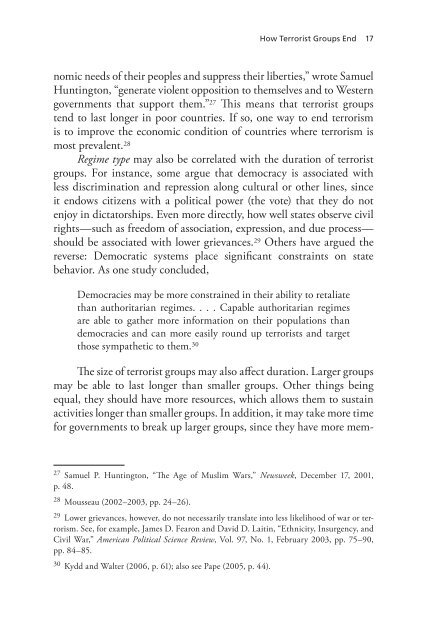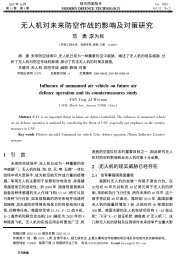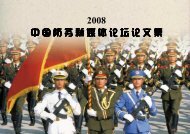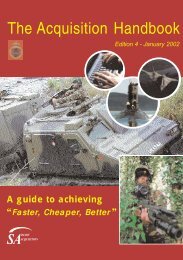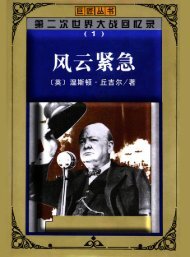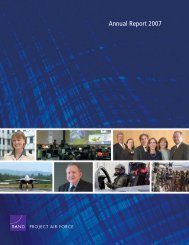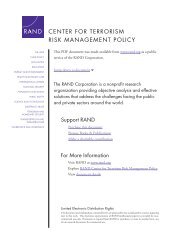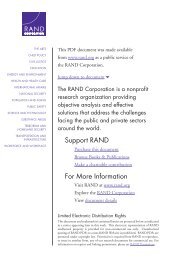How Terrorist Groups End - RAND Corporation
How Terrorist Groups End - RAND Corporation
How Terrorist Groups End - RAND Corporation
Create successful ePaper yourself
Turn your PDF publications into a flip-book with our unique Google optimized e-Paper software.
<strong>How</strong> <strong>Terrorist</strong> <strong>Groups</strong> <strong>End</strong> 17<br />
nomic needs of their peoples and suppress their liberties,” wrote Samuel<br />
Huntington, “generate violent opposition to themselves and to Western<br />
governments that support them.” 27 This means that terrorist groups<br />
tend to last longer in poor countries. If so, one way to end terrorism<br />
is to improve the economic condition of countries where terrorism is<br />
most prevalent. 28<br />
Regime type may also be correlated with the duration of terrorist<br />
groups. For instance, some argue that democracy is associated with<br />
less discrimination and repression along cultural or other lines, since<br />
it endows citizens with a political power (the vote) that they do not<br />
enjoy in dictatorships. Even more directly, how well states observe civil<br />
rights—such as freedom of association, expression, and due process—<br />
should be associated with lower grievances. 29 Others have argued the<br />
reverse: Democratic systems place significant constraints on state<br />
behavior. As one study concluded,<br />
Democracies may be more constrained in their ability to retaliate<br />
than authoritarian regimes. . . . Capable authoritarian regimes<br />
are able to gather more information on their populations than<br />
democracies and can more easily round up terrorists and target<br />
those sympathetic to them. 30<br />
The size of terrorist groups may also affect duration. Larger groups<br />
may be able to last longer than smaller groups. Other things being<br />
equal, they should have more resources, which allows them to sustain<br />
activities longer than smaller groups. In addition, it may take more time<br />
for governments to break up larger groups, since they have more mem-<br />
27 Samuel P. Huntington, “The Age of Muslim Wars,” Newsweek, December 17, 2001,<br />
p. 48.<br />
28 Mousseau (2002–2003, pp. 24–26).<br />
29 Lower grievances, however, do not necessarily translate into less likelihood of war or terrorism.<br />
See, for example, James D. Fearon and David D. Laitin, “Ethnicity, Insurgency, and<br />
Civil War,” American Political Science Review, Vol. 97, No. 1, February 2003, pp. 75–90,<br />
pp. 84–85.<br />
30 Kydd and Walter (2006, p. 61); also see Pape (2005, p. 44).


